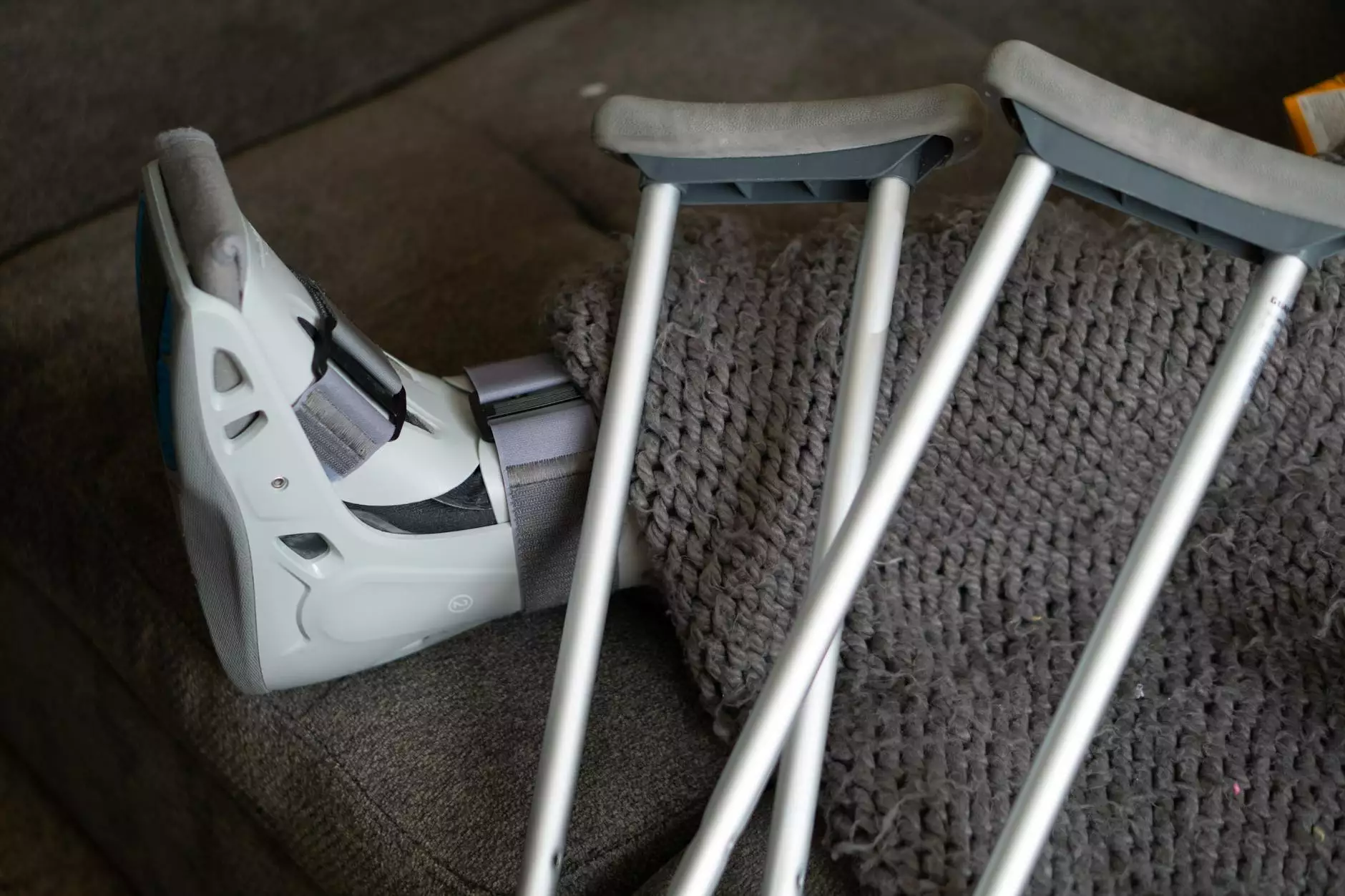The TCM Transmission Control Unit: An Essential Component of Modern Automotive Systems

The TCM transmission control unit plays a crucial role in the performance and efficiency of contemporary vehicles. This sophisticated component is integral to the transmission system, ensuring that the vehicle operates smoothly and efficiently. In this article, we will explore the functions of the TCM, its significance in automotive engineering, the impact it has on vehicle performance, and how it interacts with other automotive parts.
1. What is a TCM Transmission Control Unit?
The TCM, or Transmission Control Module, is an electronic device responsible for the management and control of a vehicle's transmission system. It gathers data from various sensors throughout the vehicle, processes this information, and then makes real-time decisions on how to shift gears. By doing this, the TCM optimizes the driving experience, enhances fuel efficiency, and ensures the longevity of the transmission system.
2. The Functions of the TCM
Understanding the functions of the TCM is essential for comprehending its importance in the automotive world. Here are some primary roles of the TCM:
- Data Processing: The TCM receives input from various sensors related to speed, throttle position, and engine load. It processes this data to determine the optimal gear for the current driving conditions.
- Shift Control: Based on the processed data, the TCM controls the timing of gear shifts, ensuring they occur smoothly and at the right moment for optimal performance.
- Diagnostics: The TCM continuously monitors the transmission system for any issues. If a problem is detected, it can trigger warning lights on the dashboard and store diagnostic trouble codes (DTCs) for further analysis.
- Adaptation: The TCM can learn the driving habits of a driver over time and adapt its shifting strategy to enhance comfort and performance based on individual driving patterns.
3. The Significance of TCM in Automotive Performance
The role of the TCM extends beyond mere functionality. It directly impacts various aspects of automotive performance, including:
- Fuel Efficiency: By optimizing shift points and reducing unnecessary RPM levels, the TCM helps improve fuel economy, which is critical in today's environmentally conscious world.
- Driving Comfort: Smooth gear transitions reduce jerking and enhance the overall driving experience, making it comfortable for both drivers and passengers.
- Longevity of the Transmission: By managing how the vehicle shifts gears, the TCM can reduce wear and tear on the transmission, contributing to a longer lifespan for this essential auto part.
4. How the TCM Works with Other Components
The TCM does not operate in isolation; it works in conjunction with other automotive systems to deliver peak performance. Here are some components it interacts with:
- Engine Control Unit (ECU): The TCM receives data from the ECU, which monitors engine performance. This collaboration ensures that shifts occur with respect to the engine's operational status.
- Sensors: Various sensors, including the throttle position sensor and vehicle speed sensor, provide vital input to the TCM, allowing it to make informed decisions regarding shift timing.
- Transmission Valve Body: The TCM controls the valve body that directs hydraulic fluid to the correct sections of the transmission, facilitating smooth gear shifts.
5. Common Issues Related to TCM
Like all automotive components, TCMs can experience issues that may affect performance. Recognizing these problems early can save time and money on repairs. Here are some common TCM-related issues:
- Delayed Shifting: If a driver notices a delay in gear shifts, it could indicate an issue with the TCM or the sensors providing data to it.
- Erratic Shifting: Sudden and unexpected shifts in gears can be a sign of malfunctioning TCM. This can lead to compromised vehicle control and should be addressed immediately.
- Warning Lights: A dashboard warning light related to the transmission can signal an issue with the TCM. It is advisable to conduct a diagnostics test to uncover the root cause.
6. Maintenance of the TCM
Regular maintenance can prolong the life and efficiency of the TCM. Here are some maintenance tips:
- Regular Diagnostics: Utilize diagnostic tools to check for trouble codes routinely. This proactive approach will help identify potential issues before they become significant problems.
- Fluid Changes: Ensuring that transmission fluid is changed at recommended intervals is crucial, as contaminated fluid can severely affect TCM performance.
- Sensor Calibration: Check and recalibrate sensors that feed data to the TCM, as miscalibrated sensors can lead to inaccurate data processing.
7. Upgrading Your TCM: When and Why?
Upgrading a TCM can sometimes be necessary, especially in performance vehicles or in the case of diagnosing persistent issues. Here are reasons for considering a TCM upgrade:
- Performance Enhancements: For high-performance vehicles, updating to a more advanced TCM can provide sharper shifts and improved response times.
- Compatibility with Modifications: If significant changes have been made to an engine or transmission, upgrading the TCM may be essential for proper handling of the new performance parameters.
- Addressing Faulty Units: If a TCM is malfunctioning beyond repair, replacement is necessary to restore vehicle performance and control.
8. Conclusion
The TCM transmission control unit is undeniably a cornerstone of automotive systems, shaping how modern vehicles perform on the road. Understanding its functions and significance not only helps automotive enthusiasts appreciate the engineering behind their vehicles but also underscores the importance of proper maintenance and timely upgrades. For anyone interested in investing in quality automotive parts and supplies, shenghaiautoparts.com offers reliable options to ensure optimal performance of your vehicle.
By leveraging comprehensive knowledge of the TCM, whether for personal vehicle upkeep or professional automotive services, you can enhance performance, extend the lifespan of your vehicle, and ensure a safe driving experience.









